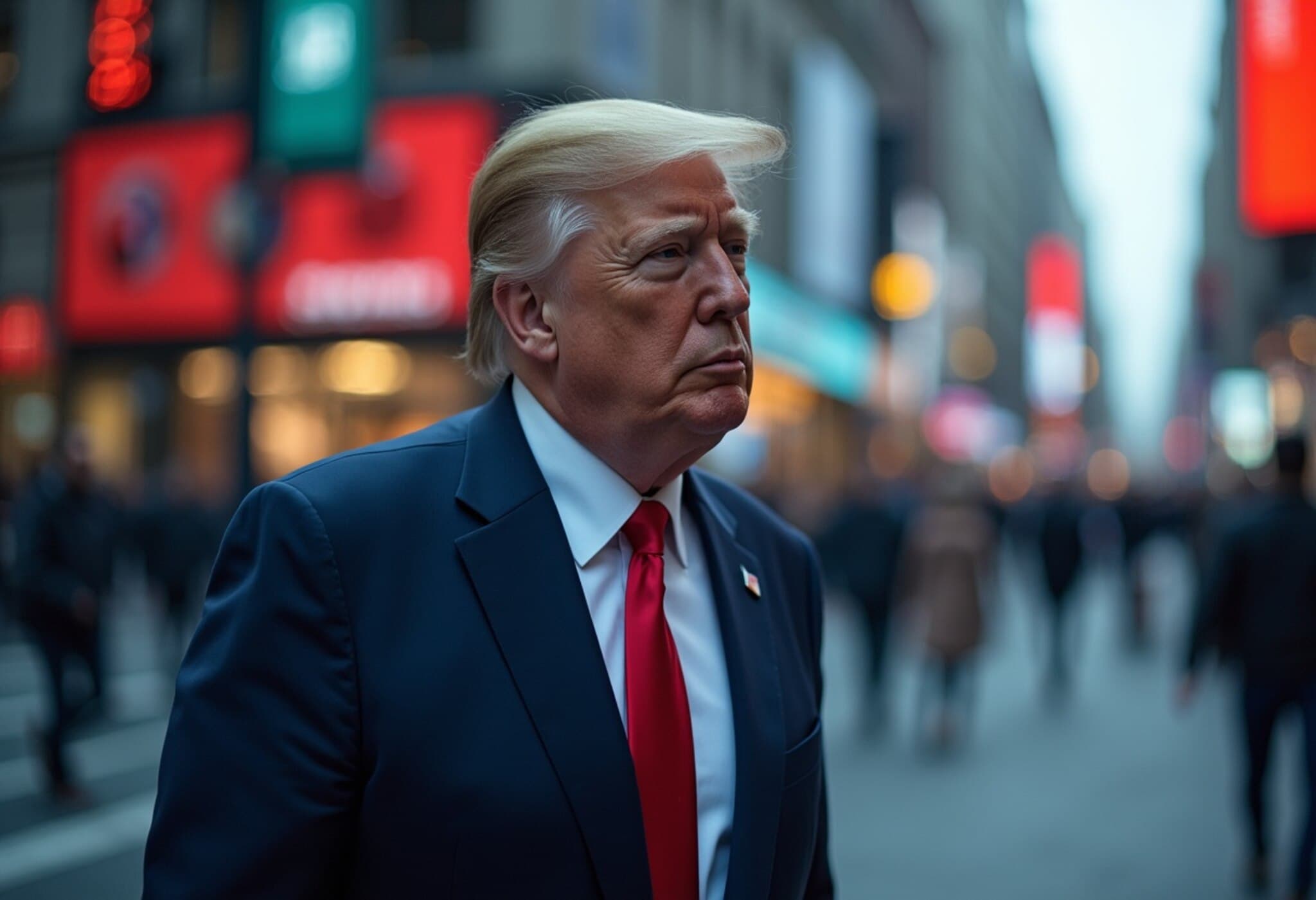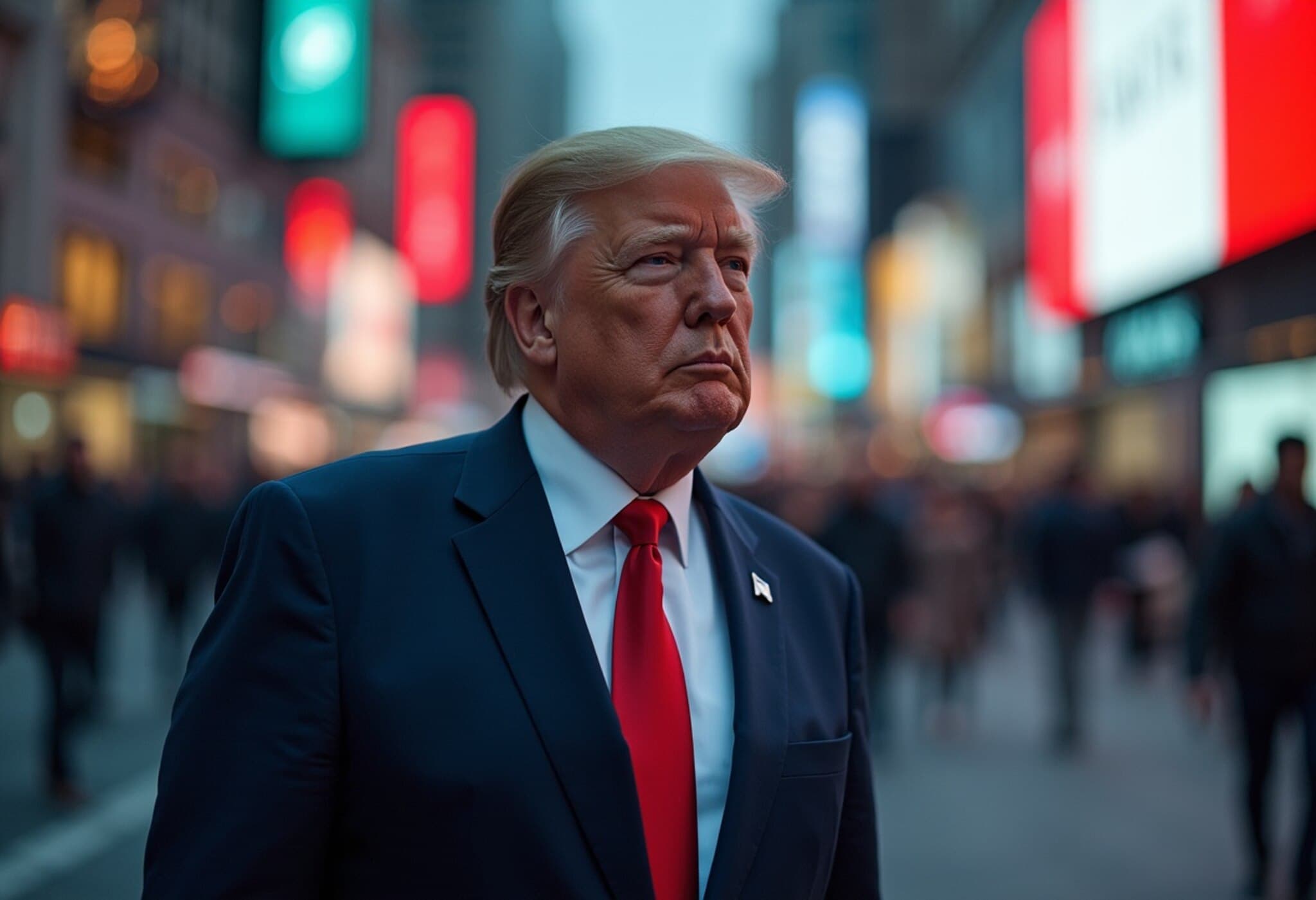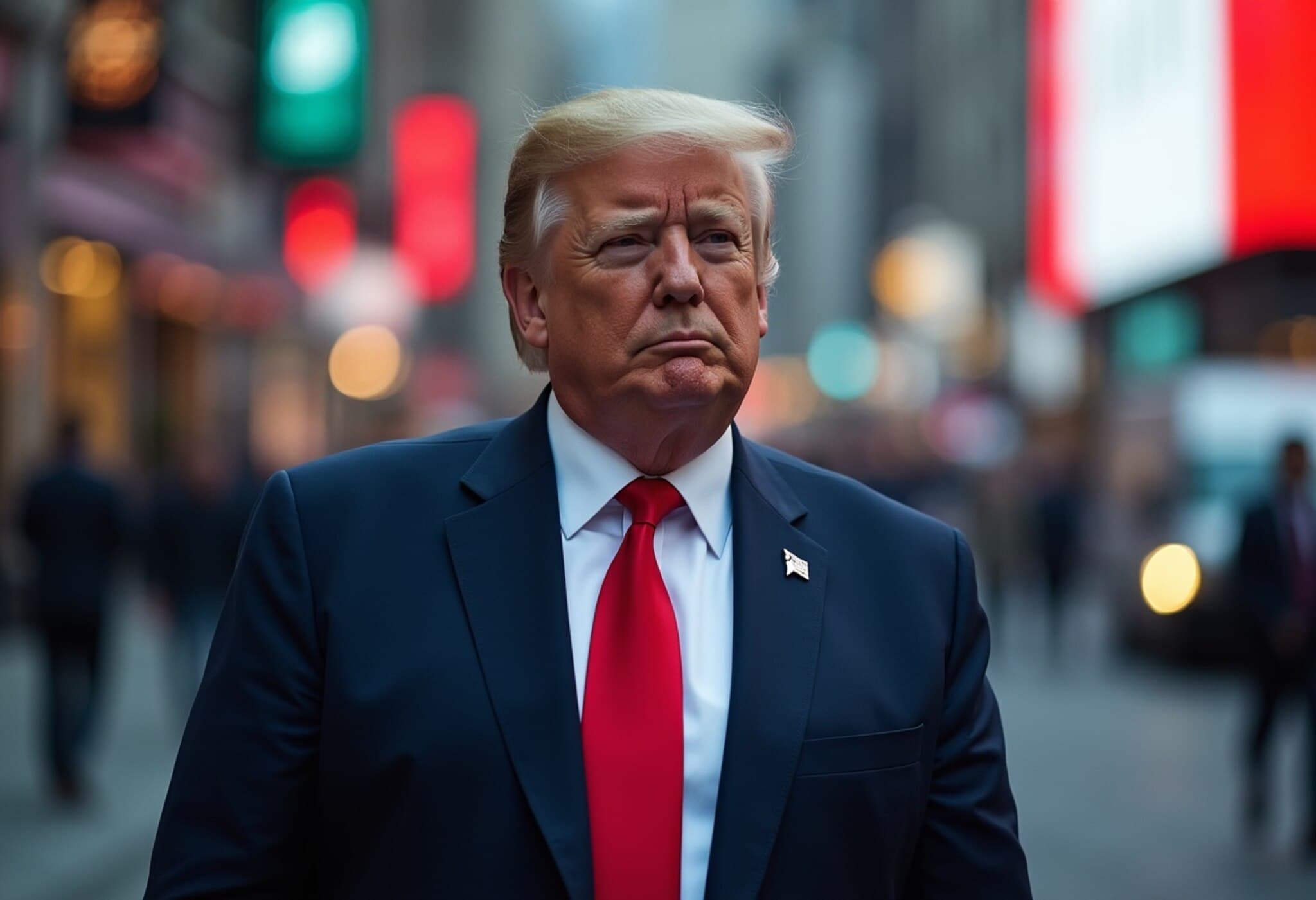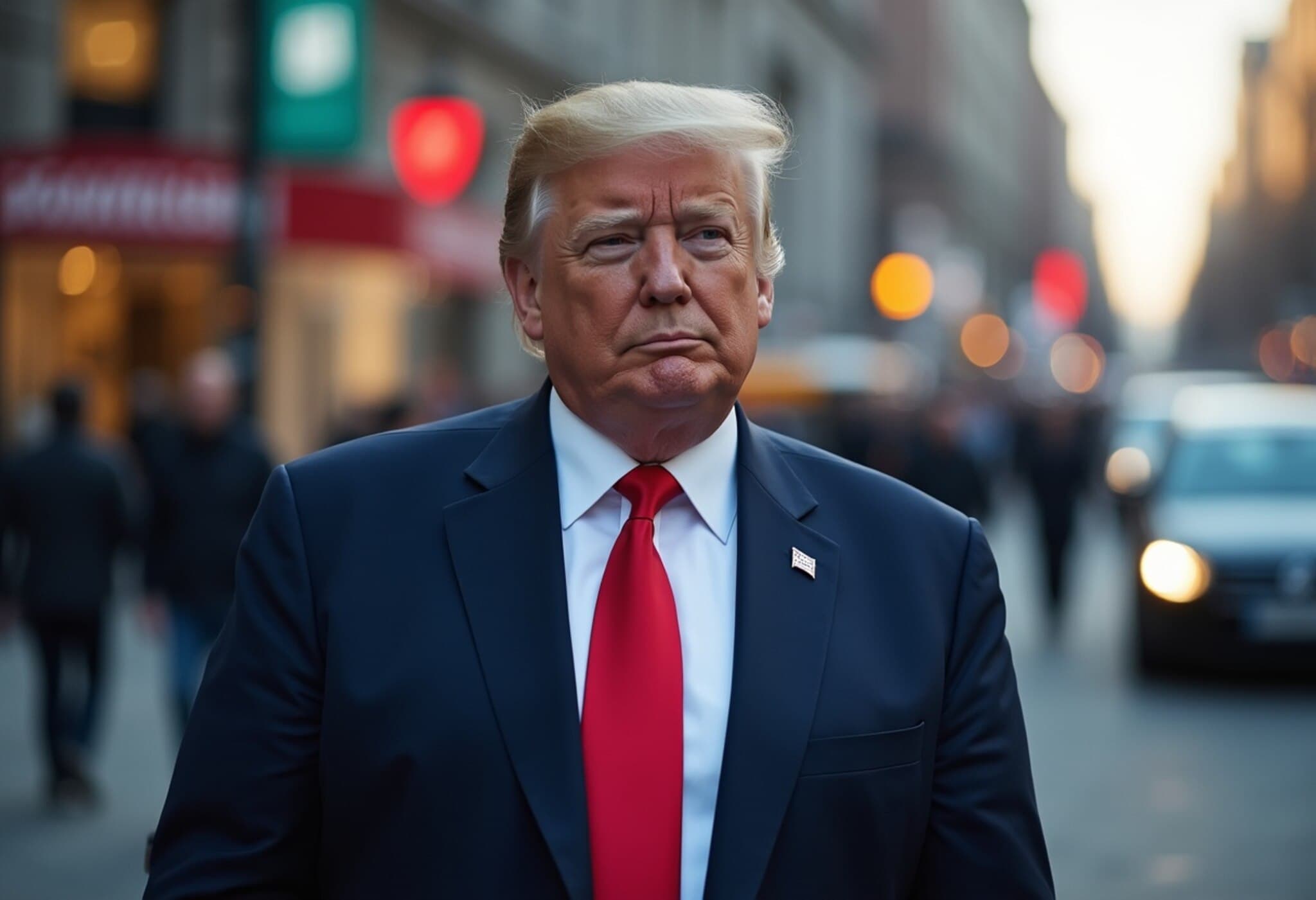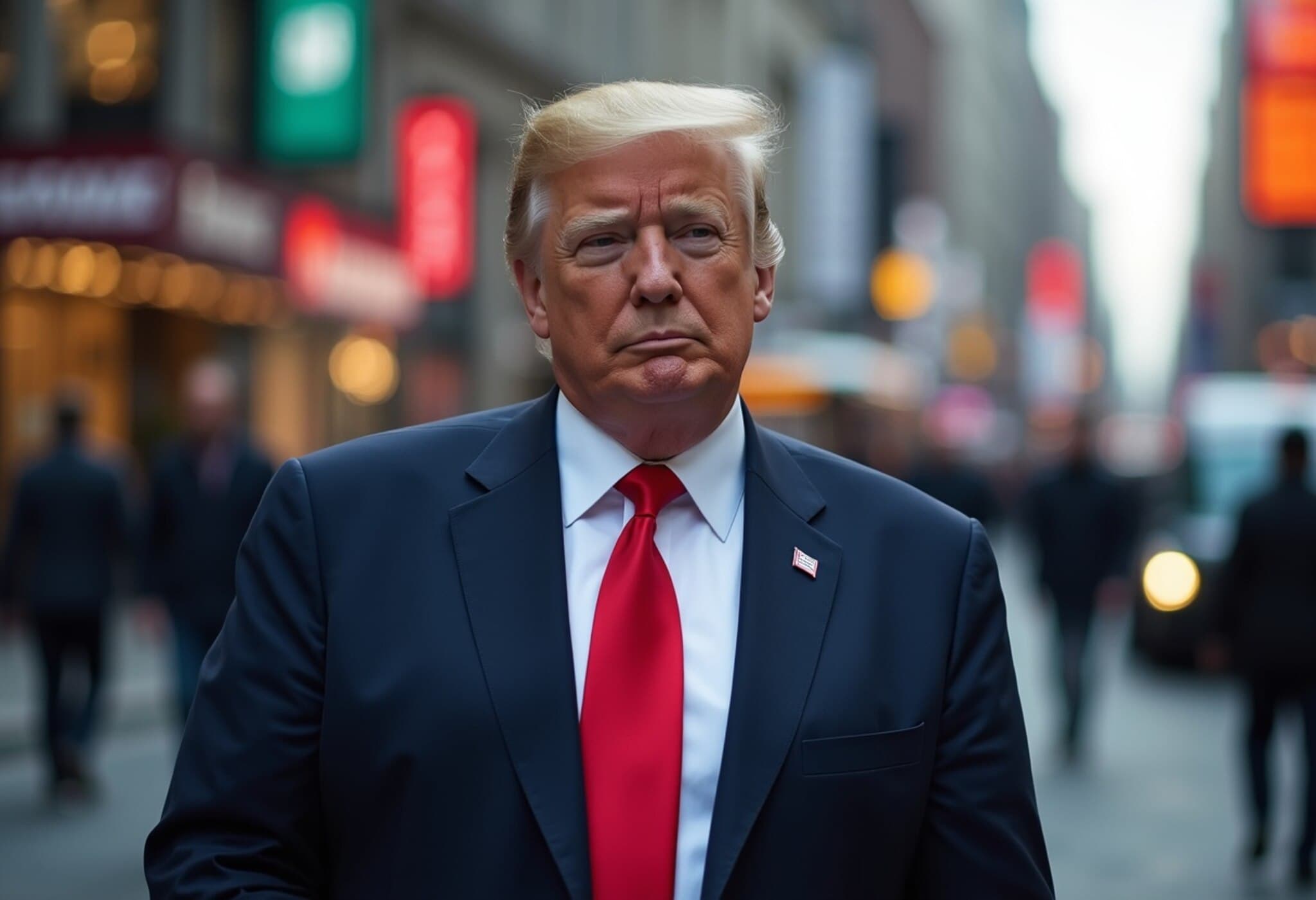European Stocks Open Lower as US Tariff Tensions Mount
Markets across Europe are starting the week on a cautious note, with futures signaling declines ahead of the opening bell. Investors are navigating heightened uncertainty following President Donald Trump's recent announcement of a potential 30% tariff on European Union imports, set to come into effect on August 1st unless a trade deal is struck.
Market Snapshot: Negative Openings Expected
- London's FTSE 100 anticipated to open 0.1% lower
- France's CAC 40 futures down by 0.3%
- Germany's DAX on track for a 0.4% decline
- Italy's FTSE MIB expected to drop approximately 0.35%
These modest but significant drops illustrate the jittery sentiment gripping European investors, who are bracing for the economic ripple effects a tariff escalation might trigger.
Tariff Standoff: Context and Potential Implications
Earlier this month, President Trump announced plans to levy a 30% tariff on EU-made goods, intensifying trade tensions and threatening to disrupt transatlantic supply chains. While the European Union remains keen on negotiating a compromise to avoid punitive tariffs, talks have struggled to progress amid mutual distrust.
On Sunday, U.S. Commerce Secretary Howard Lutnick emphasized readiness to implement the tariffs but left the door open for continued dialogue, noting that "nothing stops countries from talking to us after August 1." This statement underscores the complexity and fluidity of the situation, wherein political posturing and economic realities collide.
Why This Matters to Investors and Policymakers
Trade disputes are more than just headline-grabbing diplomacy; they have profound real-world consequences. Increased tariffs can lead to higher costs for manufacturers reliant on imported components, disrupt established supply chains, and ultimately result in higher prices for consumers across Europe and the United States.
For investors, these developments inject an element of unpredictability into markets already navigating post-pandemic recovery, inflation pressures, and geopolitical challenges. The financial sector, exporters, and industries with cross-border dependencies stand to be particularly vulnerable.
Unseen Narratives and Critical Questions
While the spotlight often centers on headline tariffs or market indexes, it's crucial to examine underreported angles:
- Small and medium-sized enterprises (SMEs) in Europe may face disproportionate strains due to limited resources to absorb cost shocks.
- Consumer sentiment might shift as inflation impacts everyday goods, compounding the economic unease.
- Long-term diplomatic implications extend beyond economics, potentially recalibrating US-EU relations amid other global tensions.
- Policy responses at the EU level—will member states rally for collective mitigation strategies or act unilaterally?
Expert Insight
Trade analyst Dr. Emily Carter of the Atlantic Economic Forum notes, "The looming tariffs represent not just a short-term market risk but a signal of shifting protectionist tendencies that could reshape global trade norms. European markets' tepid reaction reflects attempts to balance optimism over dialogue with caution about political volatility. Investors should keep an eye on negotiation timelines and corporate earnings forecasts tied to export sectors."
Looking Ahead
As European markets open under the cloud of tariff uncertainty, all eyes remain on diplomatic efforts to avert a costly escalation. Investors and policymakers alike must wrestle with balancing economic resilience and political realities in a landscape where trade disputes can quickly translate into market tremors.
Editor’s Note
With a tariff deadline looming, Europe's financial markets stand at a crossroads. This situation underscores the fragile interplay between geopolitics and economics, where decisions made in government corridors ripple through boardrooms and living rooms alike. Readers are encouraged to consider how such trade conflicts may affect not only investment portfolios but also everyday economic wellbeing, and to stay informed as developments unfold. Could renewed diplomacy emerge, or are we witnessing the dawn of a more protectionist era?

